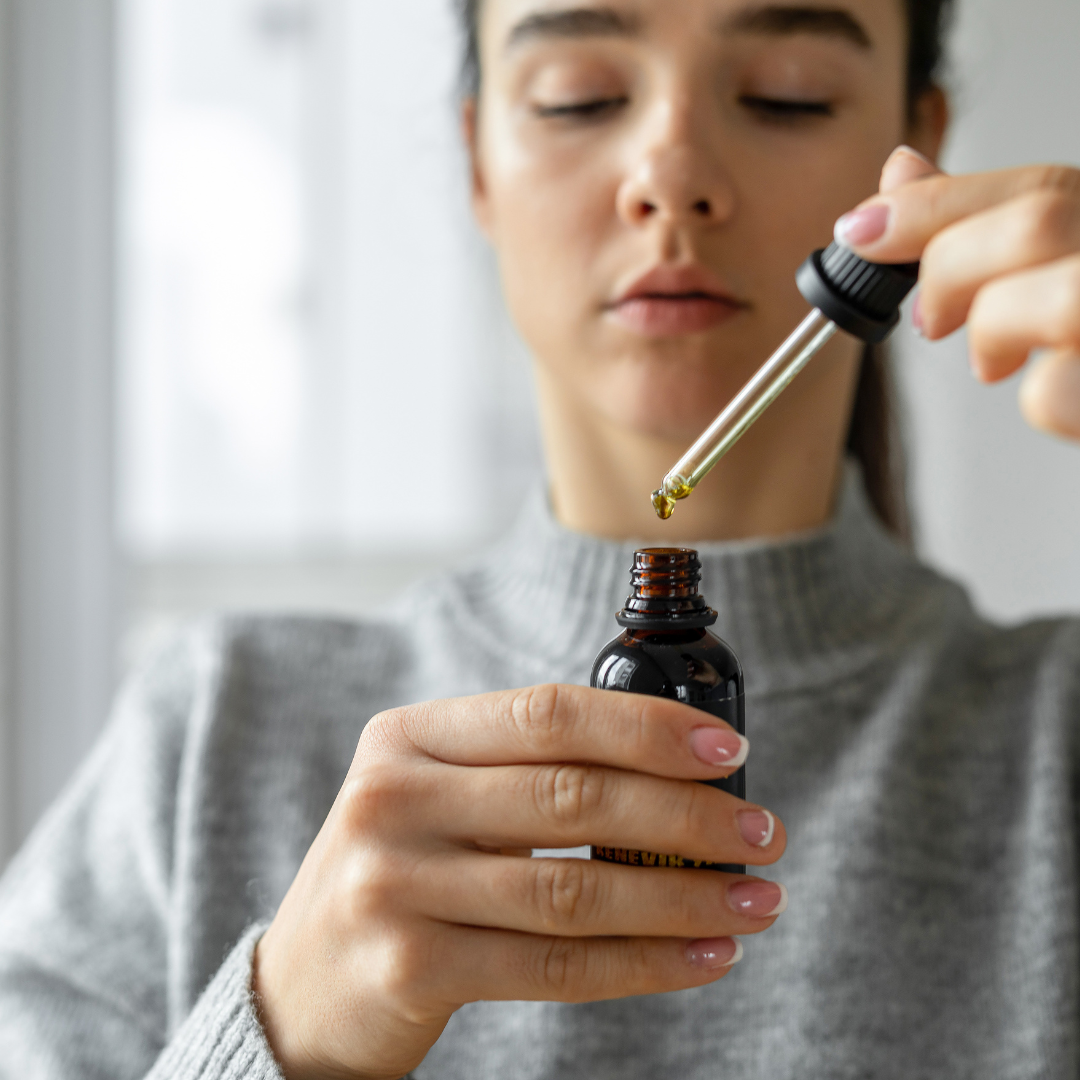Cannabis, THC and Blood Sugar: What People Living with Diabetes Should Know

Cannabis, often called marijuana, is a plant that has been used for hundreds of years for both medical and recreational purposes. People may smoke it, vape it, or eat it in foods known as “edibles.” Cannabis contains many natural chemicals called cannabinoids that interact with the brain and body in different ways.
The main chemical that makes people feel “high” when using cannabis is called tetrahydrocannabinol, or THC. THC affects parts of the brain that control mood, memory and coordination. It also interacts with the body’s endocannabinoid system, which plays a role in appetite, pain and metabolism.
How Does THC Affect a Person with Diabetes?
For people living with diabetes, THC can have both positive and negative effects. For example, THC may lower blood sugar, however results are inconsistent, and more research is necessary. Conversely, THC can spur overeating and thus potentially raise blood sugar. THC can increase an individual’s heart rate as well as blood pressure, creating considerable risk while potentially reducing nerve pain in individuals suffering from neuropathy. Mental health is another consideration as THC can affect focus and judgment, potentially making diabetes management harder.
Is THC Safe for People Living with Diabetes?
The truth is, there is no simple “yes” or “no” answer to that question. THC affects everyone differently, and scientists are still studying its long-term impact on people living with diabetes. Some may find relief from pain or stress, while others may struggle with overeating or unstable blood sugar.
If you are living with diabetes and considering cannabis:
- Always talk to your doctor before using it.
- Be careful with edibles, since they take longer to affect the body and can lead to unexpected blood sugar changes.
- Monitor your blood sugar closely if you choose to use cannabis.
- Avoid smoking cannabis if you have heart or lung concerns.
What You Should Know Before You Consider Cannabis
Cannabis and THC can interact with blood sugar and overall health in complex ways. While some people with diabetes may find benefits, there are also real risks to consider. The safest approach is to stay informed, monitor your blood sugar carefully, and work closely with your healthcare team before making cannabis part of your diabetes care.
Cannabis remains classified as a schedule I controlled substance under the Controlled Substances Act, making all cannabis—including for medical purposes—illegal at the federal level. Many states have enacted their own laws allowing medical and/or recreational use, which conflicts with federal prohibition. Enforcement is typically limited to federal jurisdiction.
Author: Noelia Rivera-González, MS, RD, LDN, CDCES | CCS Health
This site is for educational purposes only. Talk to your doctor or healthcare provider before making any decisions about your health.



